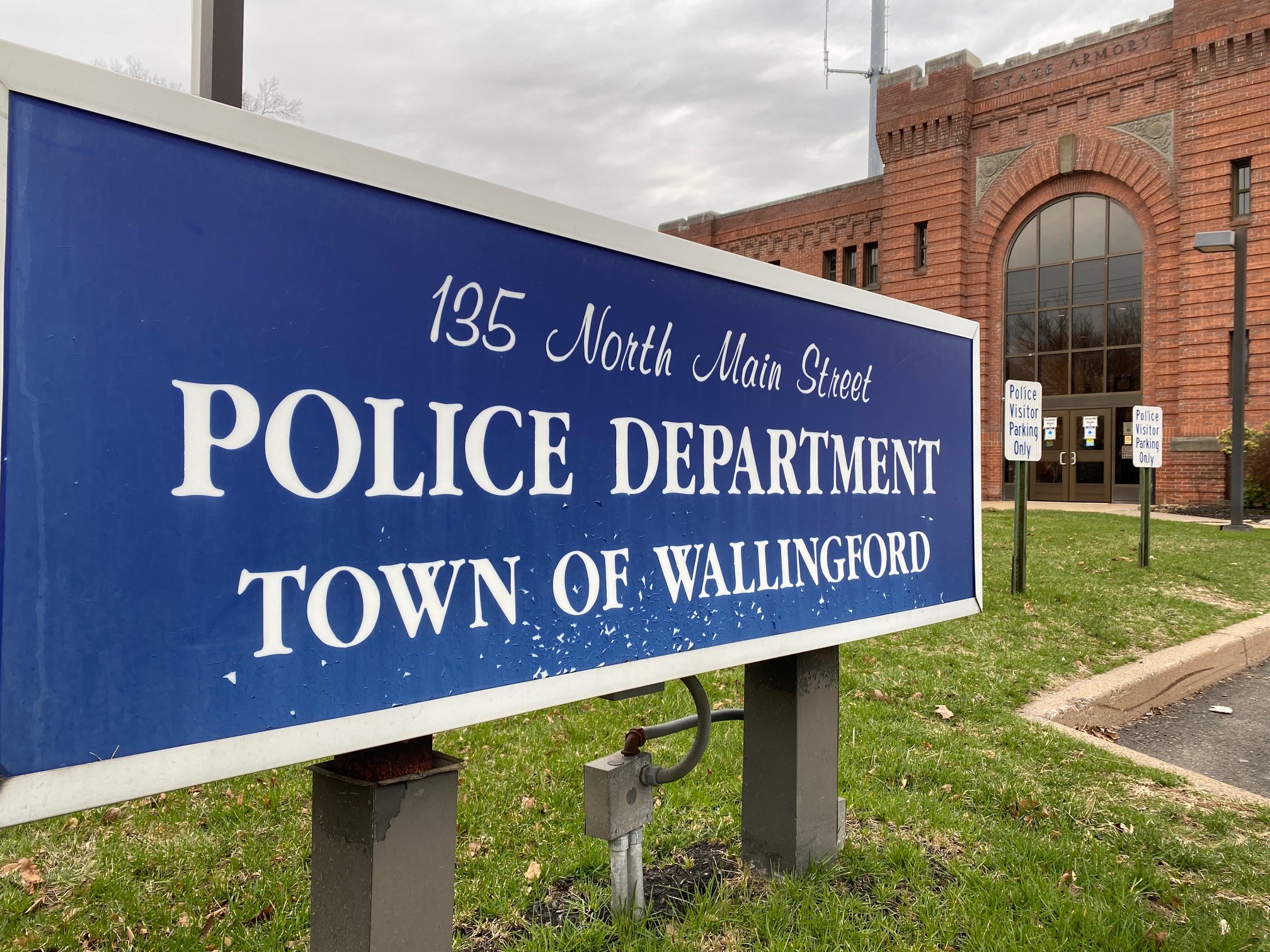In March Gov. Ned Lamont signed an executive order that limits the ability of family members to bring lawsuits over medical mistakes during the coronavirus pandemic. Now some believe it's time to bring it to an end.
“Half an hour before mother’s day my mother passed away with COVID,” Cindy Schroeder says.
Schroeder lost her mother Lorraine Anasovitch, who contracted COVID-19 in a nursing home.
“People should be held accountable for their actions,” Schroeder says.
There’s no legal recourse for Schroeder and possibly thousands of other families.
“There’s no way to be making nursing homes accountable,” Schroeder says.
The governor’s executive power, which includes civil immunity for nursing homes, has been extended to April 20.
Local
“That’s one of the things we have under consideration give me a little time with that if you would,” Lamont said Thursday during his COVID briefing.
“We’re going into 13 months and everyones been vaccinated it seems to me like we are really at a point where we are letting the bad actors get away with stuff, if the good actors are doing the right thing,” AARP Executive Director Nora Duncan says.
Duncan says if the governor doesn’t want to do it maybe the legislature should get it done.
“Nursing home residents deserve the best treatment and the right seek civil penalties,” Duncan says.
Rep. Michelle Cook whose father-in-law died from COVID contracted at a nursing home has introduced legislation to eliminate civil immunity.
“I think that this started well before COVID, and COVID just put an emphasis on some of the shortfalls in our care facilities,” Cook says.
Duncan says a majority of the nursing homes are doing a good job.
“This is just going to let bad actors be bad actors,” Duncan says.
Matt Barrett is president and CEO of the Connecticut Association of Health Care Facilities, which represents nursing homes.
“Even as effective as the vaccine is we still haven’t seen the full effect of the vaccine, nursing home residents are just finishing their second dose,” Barrett says.
He says there are still many unknowns about the virus, including new variants of the virus that present challenges to health care providers.
He says the provision is limited.
“Gross negligence, malfeasance, willful misconduct has never been governed under this limited liability provision,” Barrett says.
That’s no comfort to Schroeder.
“What this has to do with is accountability, at some point in time you and I are going to be in a nursing home,” Schroeder says.



